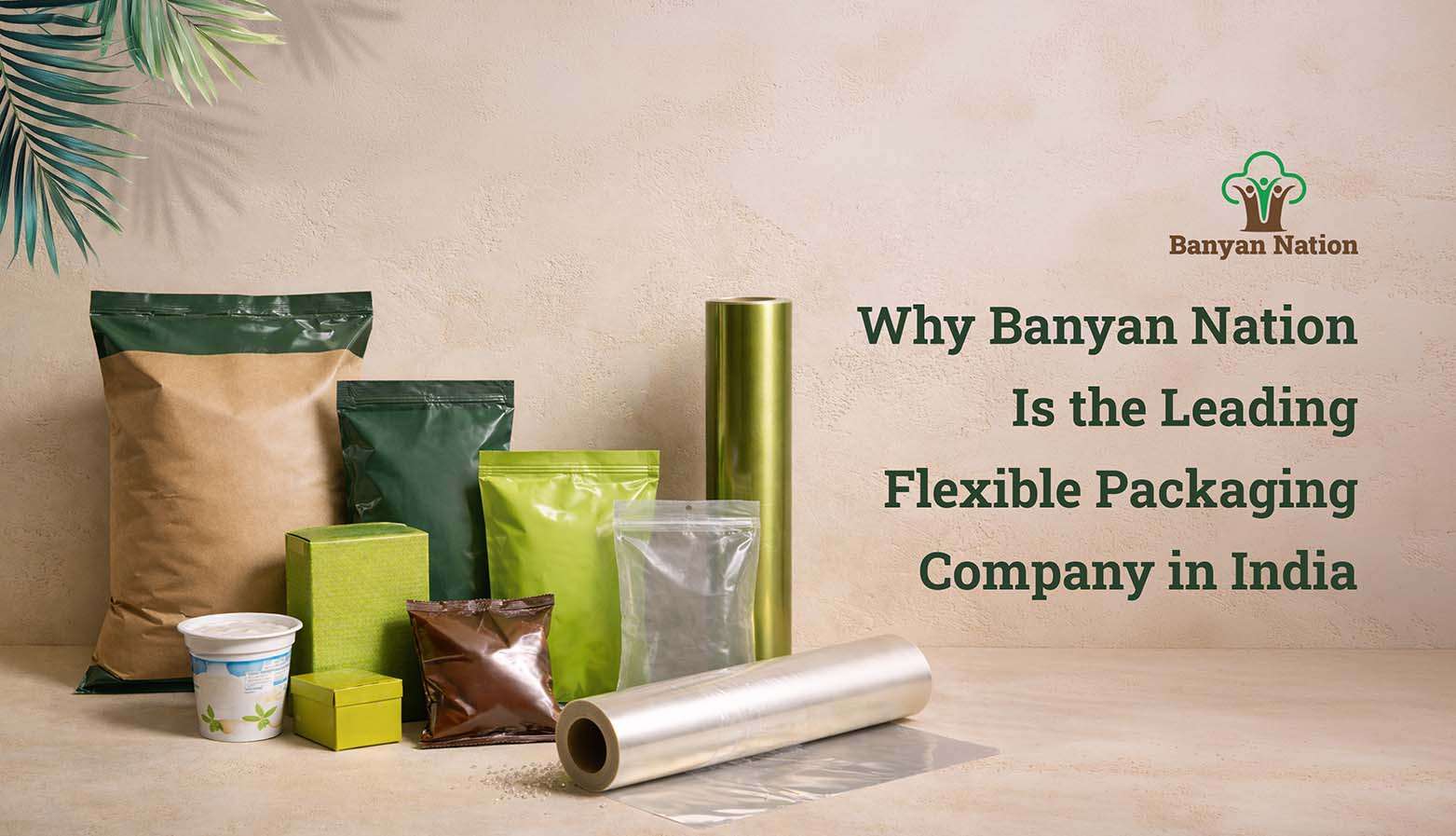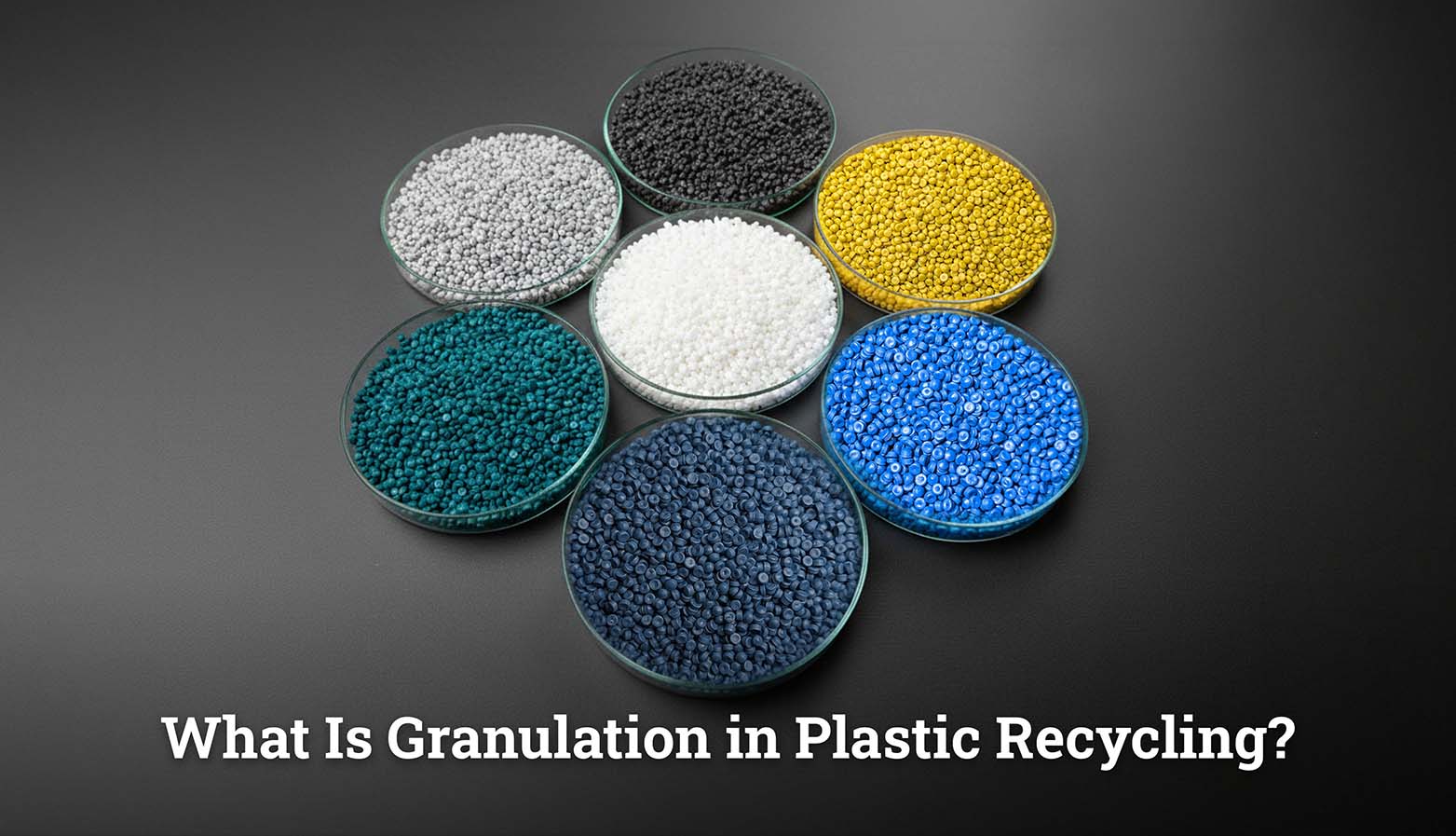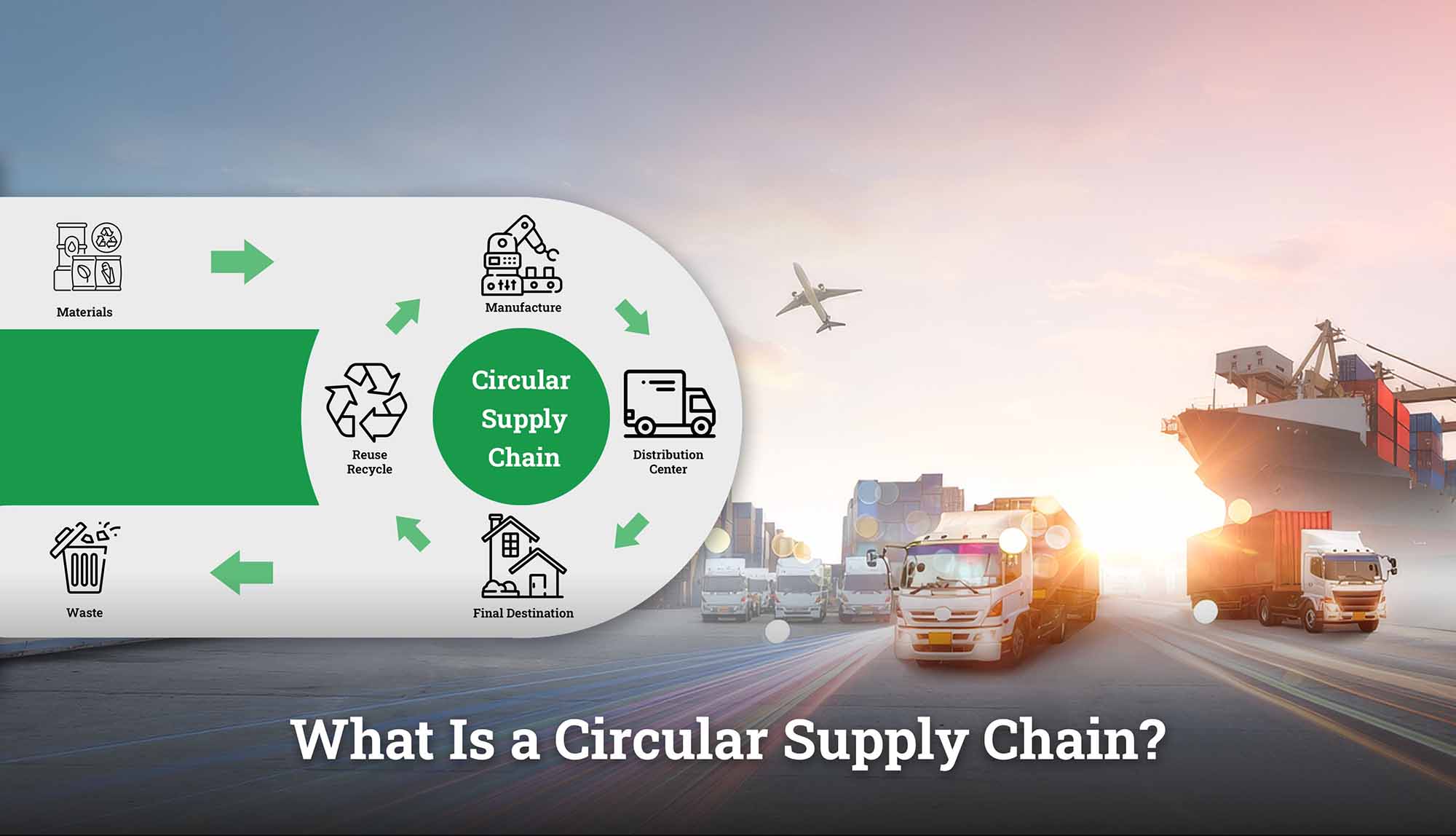Sustainability in the contemporary market has ceased being a niche issue to a serious consumer demand. Although this is indeed a good move, it has come at a considerable cost, which is the proliferation of a vice called greenwashing. This fraudulent activity, in which firms inflate or otherwise falsify their environmental standards to attract environmentally conscious consumers, is a major issue not only to the actual sustainability actions but also to consumer confidence and administrative honesty (TerraChoice, 2010).Plastic packaging industry is no exception and it is full of examples of greenwashing, usually consisting of specific or false claims about whether the products can be recycled or the origin of the recycled content. Brands that are bold, but cannot prove their claims (e.g. packaging can be 100% recyclable when no infrastructure exists to achieve this) or purchase cheap, untraceable recycling certificates without demonstrating that they are actually collected in the first place sabotage all the valid circular economy programs. The overall impact of all this greenwashing is a harmful scepticism which makes consumers question all claims about green, thus diminishing the occurrence of the support of the truly green business, such as the progressive recyclers. Such a loss of trust halts the required investments in infrastructure and new technologies of recycling materials, which are needed to address the plastic crisis in the global environment. This difficulty, however, lies not alone in producing more greenwashing to recycle, but rather in doing so with unwavering openness and honesty, which is one needed response to the widespread application of greenwashing throughout the consumer products industry. Deceiving our consumers with greenwashing and exposing it, we finally get to glimpse why we should have closed-loop solutions that are verified and closed, and so the way is clear to our genuine partners to make a tangible environmental change.
Introduction to Greenwashing and Its Impact on Sustainability
The motivation of the companies to be seen as environmentally aware and the unavailability of standardized measurements and checks has contributed to greenwashing development. The initial step in the struggle against greenwashing is to gain an insight into greenwashing meaning. It is more of a strategy of misinformation and it is meant to make consumers forget the reality of the environmental footprint of a company. This habit essentially undermines legitimate sustainability efforts through the misappropriation of consumer focus and finances. Once consumers become disappointed with empty environmental promises, they do not patronize the brands that actually invest in sustainable management of materials and slow the whole process of switching to a circular economy. The continuity of the greenwashing that is the industry should lay down clear and verifiable standards of all the claims of sustainability.
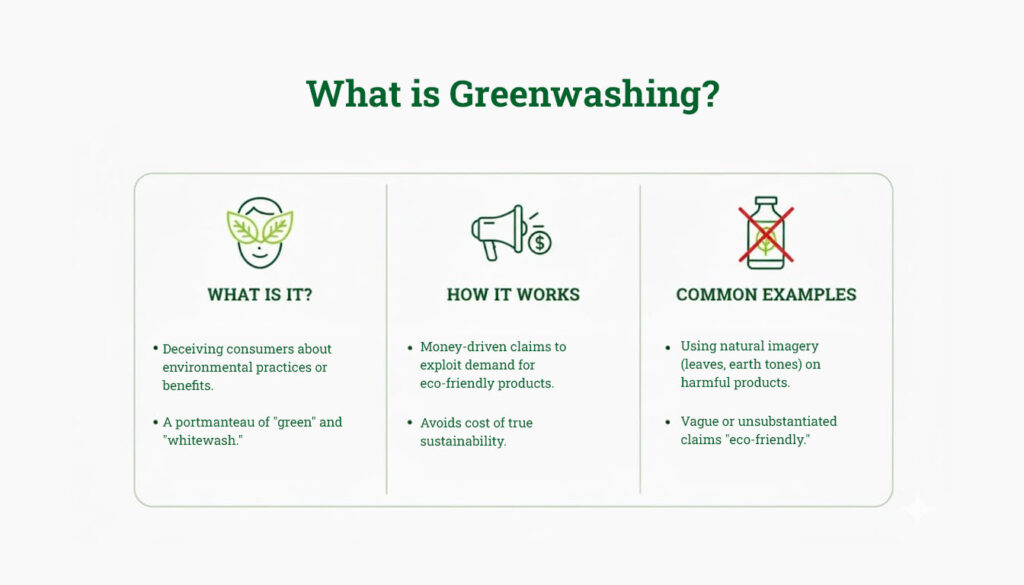
What is Greenwashing?
Greenwashing means the process of deceiving the consumers about the environmental policies of the company or environmental advantages of the product or service. It is a portmanteau of green (with environmental concern) and whitewash (to hide or disguise). It was coined by environmentalist Jay Westerveld in 1986. Greenwashing is nearly always a money grab, based on the increased demand of green products without covering the cost involved in attaining truly sustainable transformation. The traditional examples that explain greenwashing meaning include applying natural imagery (leaves, earth colors) to a product that would have minimal or no environmental impact, or making unsubstantiated and ambiguous claims. The fact that greenwashing examples are becoming more common requires a cynical mind of consumers and strict control by regulators.
What Are Some Common Examples of Greenwashing?
Strategies involving the application of greenwashing examples are delicate and sometimes advanced. They take advantage of consumer knowledge and application of laws.
These are some of the typical varieties of greenwashing in the market:
1. The Hidden Trade-Off
It will tell us that a product is eco-friendly because it has a single attribute about it (e.g., it is made out of recycled plastic), but at the same time, it will not tell us about how much of its operations contribute to major environmental harm (e.g., incredibly polluting manufacturing, or an excessively non-recyclable part).
2. No Proof
Making an environmental claim that cannot be proven, frequently by the lack of available certification or third-party validation (e.g. “100% Post-Consumer Recycled Content” without providing traceability audits).
3. Vagueness
The general, meaningless language (such as Natural, Eco, or Planet-Friendly) is used without specific, defined meaning of polypropylene or percentage of other plastics used to support the argument.
4. The Lesser of Two Evils
It is claimed that a product is green relative to a completely more harmful product, so that the actual unsustainability of that entire category of products (e.g. Organic tobacco) is ignored.
5. Irrelevance
Saying something that, although true, is not relevant to the product (e.g. CFC-free packaging, when the CFCs are already prohibited by law).
Such forms of greenwashing are confusing the market and blurring the work of truly sustainable companies.
Types of Greenwashing
In addition to the general strategies, the particular implementation of greenwashing in terms of material use can be divided into different types of greenwashing depending on the purpose of making the false statement. Types of greenwashing also involve the so-called recycling greenwashing that is especially harmful to the circular economy.
1. Certification Fraud
Fraud in the form of showing false or out-of-date certifications to show that the content has been recycled or met the requirements, which is also a serious problem directly related to the integrity of EPR compliance.
2. Wish-Cycling Claims
To state that a product is reusable when the materials (such as complex multi-layered films) cannot be consumed by over 95 percent of the current municipal establishments. It is one of the types of greenwashing recycling which tries to put the responsibility and blame on consumers falsely.
3. Traceability Deception
Pretending to make use of either ocean-bound plastic, or Post-Consumer Recycled (PCR) material without adhering to a strict, third-party audited chain of custody. This clouds the distinction between the assertion being supported by actual material recovery and just cheap, unverified mass-balance credits. This kind of recycling greenwashing discredits the high-end recycled material market.
How Greenwashing Affects Plastic Recycling?
Such a wide scale as the greenwashing problem has on plastic recycling is systemic erosion of trust, market deception, and infrastructure development.
Sabotaging Recycler Investment
When brands can easily acquire paper-based recycling certificates without requiring quality and high material that is verifiable, they drive down the market incentive of advanced recyclers investing millions in state-of-the-art sorting and purification technologies. This practice has a direct consequence on sustainable recovery business cases.
Consumer Confusion and Cynicism
Inaccurate information regarding the use of recyclability causes consumers to be confused and add unrecyclable materials to the blue bin (wish-cycling). When individuals become aware of the fact that they have been deceived, they no longer trust the system and become less active in the conversations with the lawful greenwashing recycling programs.
Skewed Compliance
Skewed Compliance in countries with EPR regulations, greenwashing can also impact plastic recycling when PIBOs can meet their compliance goal by buying the most inexpensive, least verifiable recycling credits instead of investing in the quality, traceable recycling solutions that will actually qualify as loop closures. This is complying with the letter of the law but breaching the spirit.
Market Distortion
Recycling of PCR plastic with greenwashing puts high quality and quality PCR plastic in unfair competition with low-quality, low-cost plastic, which reduces the price and the demand of the high-quality recycled plastic.
How Banyan Nation Is Combating Greenwashing in Plastic Recycling
Banyan Nation is well placed to fight directly against greenwashing recycling impacts plastic recycling by offering the solution anchored on utmost transparency and quality assurance.
1. Traceability as Standard
We rely on proprietary technology to deliver an end of chain of custody of all our Post-Consumer Recycled (PCR) plastic. The waste material can be traced back to the collection point, then to the finished resin pellet of high quality thus eliminating the aspect of greenwashing.
2. High-Quality Product
Our cleaning and purification is highly developed that contaminants are removed and the resultant PCR resin is of high purity and is virtually virgin. This will enable our brand partners to make their own claims with certainty about using recycled plastic in their packaging, and that these claims will be verifiable and made over the long term.
3. Honesty in the Fidelity
We provide PIBOs with a reliable system to meet their EPR commitments, not by issuing low-cost and non-transparent certificates, but through physical and verifiable recycling of their individual plastic waste streams. This is a contrast to the common greenwashing recycling strategy.
4. Strategic Partnership
We collaborate with brands to assist them to come out of non-recyclable multi-layered plastic packaging to recyclable ones, essentially removing the possibility of greenwashing recycling claims in future.
Conclusion: Driving Real Sustainability Beyond Greenwashing
Greenwashing affects plastic recycling which is a major fight to ensure a real circular economy. It must be constantly watched by the consumers and regulators, and it must be mainly the integrity of the industry. It is not as simple as making better claims but to construct better and more traceable systems. Through partners such as Banyan Nation, brands can shift past the rhetoric and risk of greenwashing and invest in transparent and high-quality recycling infrastructure, resulting in actual and measurable impact on the environment and creating a permanent consumer trust, eradicating on how greenwashing affects plastic recycling.
FAQ's
What is another name for greenwashing?
Another common name for greenwashing is “green sheen,” “eco-labeling fraud,” or, more broadly, “corporate spin” or “deceptive environmental marketing.”
How can you identify greenwashing?
You can identify greenwashing by looking for a lack of transparency, vague language (e.g., “natural” or “eco-friendly” without a certification), irrelevant claims (e.g., “CFC-free”), or a lack of verifiable third-party certification or data backing the claim.
What are the impacts of greenwashing?
The main impacts of greenwashing are the erosion of consumer trust, the misallocation of resources (capital flows to dishonest claims instead of genuine innovation), and the undermining of regulatory frameworks like EPR, which ultimately slows down progress toward climate and waste reduction goals.
Making recycled packaging the norm.
CITATIONS:
- CPCB (Central Pollution Control Board) of India. (2022). Guidelines on Extended Producer Responsibility for Plastic Packaging. Ministry of Environment, Forest and Climate Change. Plastic Waste Management Rules, 2022. Retrieved from https://cpcb.nic.in/rules-4
- Ellen MacArthur Foundation. (2017). What is the Circular Economy? Retrieved from: https://www.ellenmacarthurfoundation.org/topics/circular-economy-introduction/overview
- International Consumer Protection and Enforcement Network (ICPEN). (2020). Greenwashing Sweep 2020: Global sweep finds 40% of firms’ green claims could be misleading. Retrieved from https://www.icpen.org/news
- TerraChoice Environmental Marketing. (2010). The Sins of Greenwashing: A Study of Environmental Claims in North American Consumer Markets. The “Six Sins of Greenwashing™”. Retrieved from https://sustainability.usask.ca/documents/Six_Sins_of_Greenwashing.pdf
- The Guardian. (2023). Analysis of misleading “recyclable” labels and their impact on consumer behavior. (Online article.)

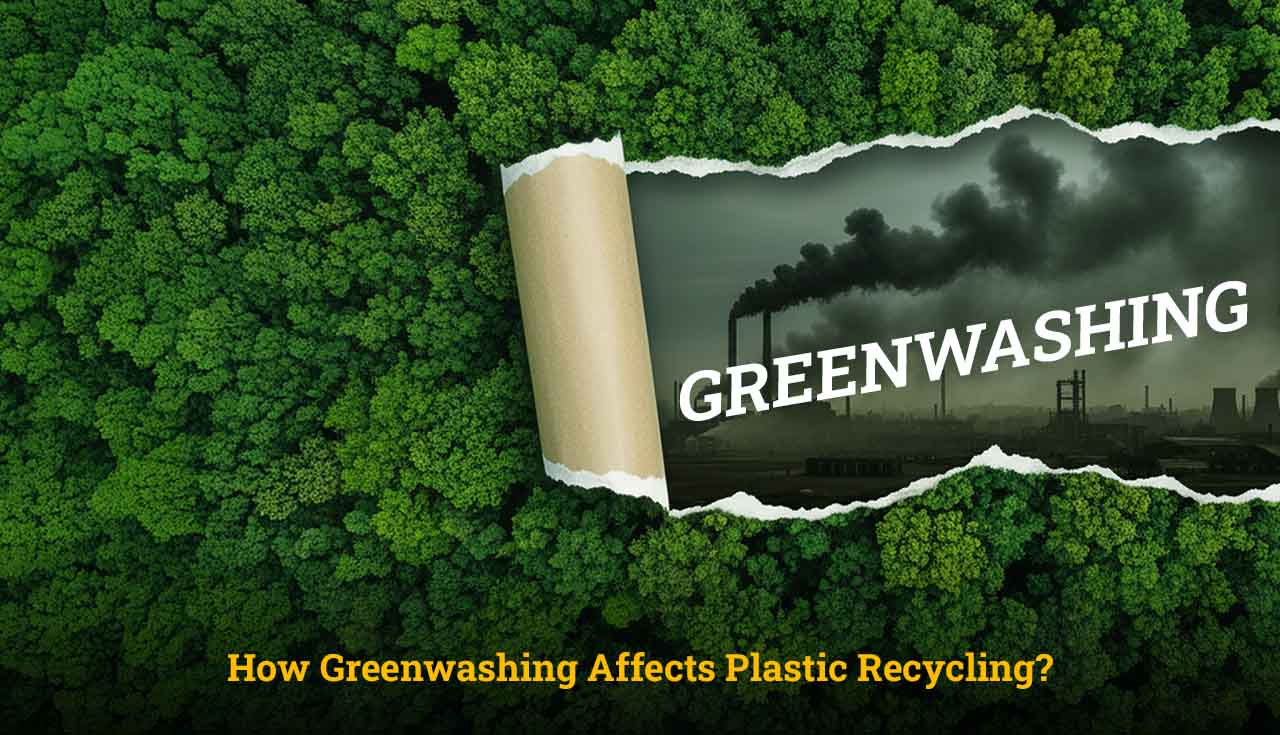
 Why Banyan Nation Is the Leading Flexible Packaging Company in India
Why Banyan Nation Is the Leading Flexible Packaging Company in India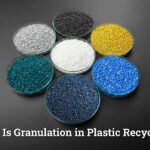 What Is Granulation in Plastic Recycling?
What Is Granulation in Plastic Recycling?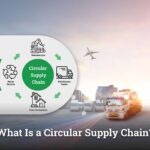 What Is a Circular Supply Chain?
What Is a Circular Supply Chain?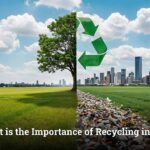 What is the Importance of Recycling in India?
What is the Importance of Recycling in India?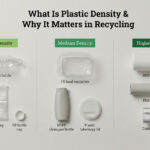 What Is Plastic Density & Why It Matters in Recycling
What Is Plastic Density & Why It Matters in Recycling